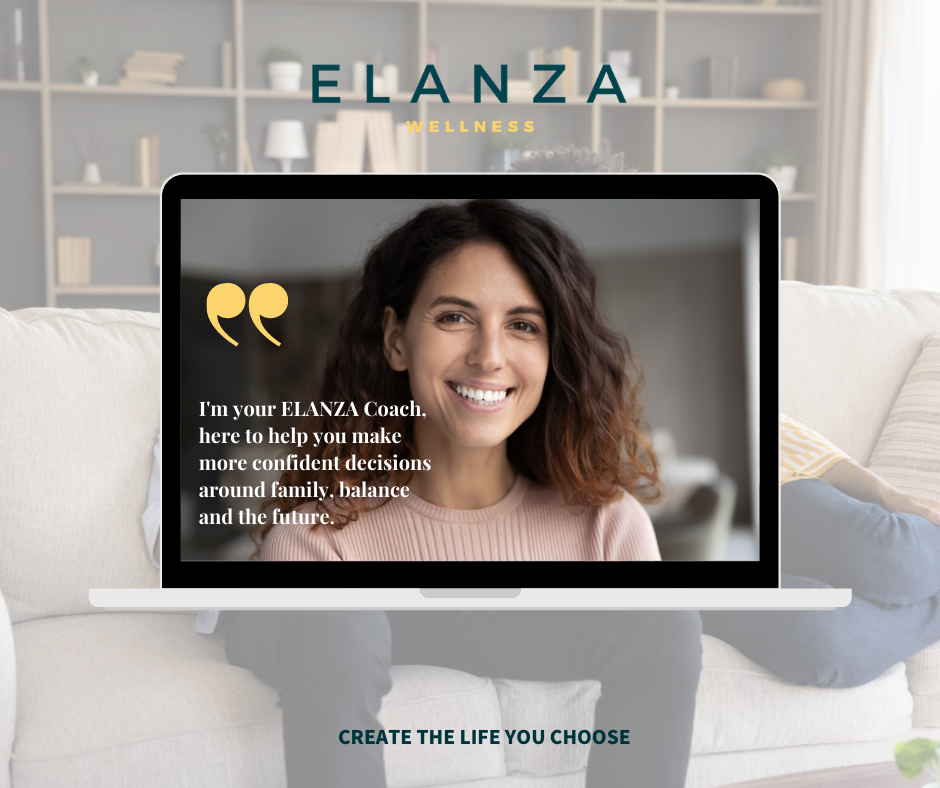How Techstars is Helping ELANZA Wellness Scale in the Crowded Healthtech Space
Sep 23, 2022

By Catherine Hendy, Cofounder of ELANZA Wellness
This generation is drowning in preventable stress. In fact, Americans are officially amongst the most stressed people on the planet. You’ve only got to open social media to see that - thanks to a blend of political, environmental, gender, social and relational factors - people are finding modern life to be an emotionally complex experience.
The American Psychological Association has warned that we are heading toward a national mental and emotional health crisis. Thankfully, in recent years there’s been an explosion of investment and innovation in making clinical and mental healthcare solutions less stigmatized and more accessible.
As such, to us the really activating part about the APA’s statement is that second part: the still under-served emotional health crisis. Revealingly, 61% adults surveyed still say they could use more emotional support. What many people do not realize is that beyond clinical mental health disorders or workplace stressors, changes or challenges in family planning, building and relationships constitute nearly half the overwhelm people report that they are experiencing. That means the emotional burden of situations like becoming a parent, managing being a parent or a caregiver, experiencing fertility struggles, facing a miscarriage, divorce or the death of a loved one. Anecdotally we all know how hard these can be; the data just confirms it.
ELANZA exists to address these stressors head on. Our personalized wellness platform focuses on helping people manage and move through common personal life questions and challenges, starting with the emotional health aspects that surround reproductive health, fertility, and family building.
Our support platform is rooted in the neuroscience of wellbeing, blending the human-first magic of one-on-one relationships with a Board Certified coach with personalized pathways that employ algorithmic and experiential learning to help people manage their emotions, feel less stressed, and establish a growth mindset. In addition to radically improving users’ moods, lives and relationships, we can also deliver significant added value for partners like fertility and family planning clinics, digital health companies, diagnostics or hardware providers, pharma and more.
While the market potential of emotional wellbeing for the 30s-50s demographic is vast at an estimated $110B, ELANZA Wellness was founded from a deep sense of mission. My co-founder Brittany Hawkins and I started ELANZA after our own extremely stressful experiences navigating fertility care, reproductive health issues, and life-altering relationship changes - not knowing where to turn for professionalized, personalized support. We started out by working with fertility doctors and researchers to write a comprehensive and evidence-based guide to help people navigate and optimize their fertility before undergoing egg freezing. It can be an overwhelming and lonely process, and that is true whether someone is facing something such as an IVF cycle, or day-to-day cumulative stressors, such as re-adjusting to work and finding identity and balance as a new parent. We fill the massive chasm in clinical care that prevents people from making crucial decisions around their health and their future.
Unlike generic mental wellness solutions, ELANZA meets people in the highest moments of stress and deals with it head on. Whether it's a QR code on the packaging of a pregnancy test or as part of the patient experience at a fertility clinic, people can get specialized care through the co-branded, HIPAA-compliant portal where they speak to a real human. Our unique blend of specialized, human coaching alongside digital tools is how we were able to reduce stress levels 17% without medical intervention or therapy, making us an affordable, accessible and engaging preventive health solution to meet people earlier in the continuum before emotional stress could evolve into, or further compound, mental and physical health conditions.
In summer 2021, we went through the Techstars NYC accelerator program. As two female founders, receiving the backing of a powerful community felt important on both professional and personal levels and we knew immediately the opportunity had the potential to leapfrog the development of our platform and business across the board. And it worked – since last year, we have proved our market value proposition (MVP) with a clinically validated measure; we have partnered with a leading women's telehealth brand, an online pharmacy and others; grown our team fivefold and we are tracking toward raising a full seed round in the coming months.
How has Techstars helped us get here?
Firstly, the extended network is obviously a major calling card for Techstars. Overnight upon joining we suddenly found ourselves with an immense bank of expertise to draw on in the shape of other founders, operators and mentors. Many of them feel like extended team members to this day. In the initial 12-week intensive program, countless people helped us figure out the mechanics of our business, supplying us with best practices for how to approach validating our concept and market at the pre-seed stage. The simple discipline of building, structuring and maintaining core business functions, including investor, sales and other networks, was also drilled into us. Now we think of relationships not as nice-to-have, but as a key startup function, just like product development or marketing. Many introductions that have come directly from Techstars have turned out to be very fruitful; some of those people have been amazingly powerful, ongoing connectors for us, introducing us to new advisors, product experts and investors and facilitating collaborations and partnerships. In fact, our newest board advisor from Alphabet’s X was introduced to us by one of original ‘mentor madness’ match mentors.
As a non-American founder, personally I also found Techstars helped me plug directly into communities in New York City and across the US, in particular in the health tech ecosystem. Having access to brilliant people you can call on for advice or coffee or an introduction or going along to real world events is a significant, game-changing leg up when you’re coming in cold. Even in the age of digital social and professional networks, personal connections remain powerful.
Secondly, in a sea of startups vying for elbow room, from the start it was clear Techstars functions as a credentializer. The “stamp of approval” still feels like an important datapoint for us as we walk into (/click to enter) a meeting room. Credentials are only one part of the venture funding or sales process, of course, but can be a hard thing to demonstrate efficiently. The automatic acknowledgment that comes from the business and founders going through the Techstars competitive application process and the demands of the accelerator itself continues shouldn’t be underestimated, particularly in a sector like health and wellness, where trust, privacy and safety are paramount and it’s clear we can draw on deep sector expertise even at an early stage.
Finally, Techstars has helped us shape our effort into an actual business, rather than a collection of people sitting around working on an idea. It’s easy at an early stage startup to focus on the idea, the solution and the product and for founders to then get tripped up by the business administration of actually forming a workplace and managing people as the team grows. One standout learning was that you are never too small and early to worry about processes and getting foundational operating frameworks in place ready to scale. Some advice we heard - that every time you hire one more full-time employee you do not double the complexity of your business, you 10x it because of all of the different operational issues and costs that go into that one hire - has been proven to be very accurate! Running a team is obviously a critical thing to get right from the start – and hiring in particular is really, really difficult. We’ve even drawn on Techstars mentors and other founders to act as specialist external interviewers for technical roles. Hearing first hand from other founders and from HR professionals during the program about what works well, how to exercise people management muscles and to focus on dialing in culture and leadership right from the start has been incredibly helpful for us to build a strong foundation for growth. The perks have proven extra helpful in us getting backroom operations running smoothly, too.
In summary, the global network we’ve experienced since becoming part of Techstars has been valuable to us right from the first day of the program - we’ve learned from, drawn on and applied the experience of a huge variety of people we never would have had the chance to meet or share a link to otherwise. Thinking back, barely a week has gone by since we graduated in summer of 2021 that we haven’t connected with a member of the network directly or indirectly in a way that has moved our business forward across product, partnerships, investment or mentorship in ways small to profound.
Healthtech can seem crowded, with more and more options opening up for consumers. With a B2B2C model, this is to our advantage; at ELANZA, for us scaling means building strong relationships now and growing with our partners and our community of founders and operators in the sector. The Techstars network is one of our most powerful ways we can start those relationships.
ELANZA Wellness is a personalized wellness platform to help people manage stressors around fertility, family and the future - the company, founded by Brittany Hawkins and Catherine Hendy, graduated Techstars New York in 2021.

